Updated on 13 January 2023 the end date for WCEF2023.
After a long circle around the world, the World Circular Economy Forum WCEF returns to the Nordics. The event, originating from Finland, will gather some of the leading circular economy players in the world to Helsinki.
In 2023, the forum is co-organised by Finnish Innovation Fund Sitra and Nordic Innovation, two key players driving a transition to a circular economy in the Nordic countries and globally. The two organisations share the goal to make Finland and the Nordic countries forerunners in sustainable well-being. The event will be organised from 30 May to 2 June.
The first World Circular Economy Forum was held in Helsinki, Finland in June 2017, when Finland celebrated its 100 years of independence. Since then, the forum has been organised in Japan, Canada, the Netherlands and Rwanda.
“Now is the time to speed towards a circular economy for many reasons. Circular economy solutions can make our societies more resilient and build a foundation for sustainable well-being. Sticking with the current wasteful linear economy is simply not an option – mitigating climate change and halting biodiversity loss cannot wait,” says Jyrki Katainen, president of Finnish Innovation Fund Sitra.
The World Circular Economy Forum 2023 will focus on finding circular solutions that can help our economies fit within the boundaries of nature.
“We look forward to hosting key circular economy players in Helsinki again. Many solutions are already right in front of us, and together we can accelerate their implementation all around the world,” continues Katainen.
For example, according to a recent study by Sitra, circular interventions in the food and agriculture, construction, textiles and forest sectors can halt biodiversity loss and help the world’s biodiversity recover to the same levels as in the year 2000 by 2035.
“Circular economy business models are essential for developing sustainable business. They are also needed to achieve the UN Sustainable Development Goals. Companies and governments can learn from each other to accelerate a transition to a circular economy,” says Svein Berg, managing director of Nordic Innovation.
Nordic Innovation and Sitra have both supported Nordic companies in adopting circular economy business models, for example by creating Playbooks for businesses and compiling lists of the most interesting companies in the circular economy.
“By collaborating, companies can identify circular solutions in the value chain that will benefit all actors”, adds Berg.
A global transition calls for global co-operation
In 2022, World Circular Economy Forum was organised in Kigali, Rwanda. This was the first time the event took place in Africa and in the Global South.
The event focused on how the circular economy can reduce greenhouse gas emissions, support climate change adaptation, safeguard biodiversity and bring jobs and well-being to our societies.
We need all hands on deck because the transition to a circular economy cannot be done by one person or company.
“There is growing momentum towards circularity all around the world. Different solutions are needed on different continents, but the principles remain the same: making more out of what have, producing less waste and easing pressures on nature,” says Jyrki Katainen.
The programme of WCEF2023 will be published in early 2023. Registration will open during spring.
Read a recap of the first day and a recap of the second day of the World Circular Economy Forum 2022.
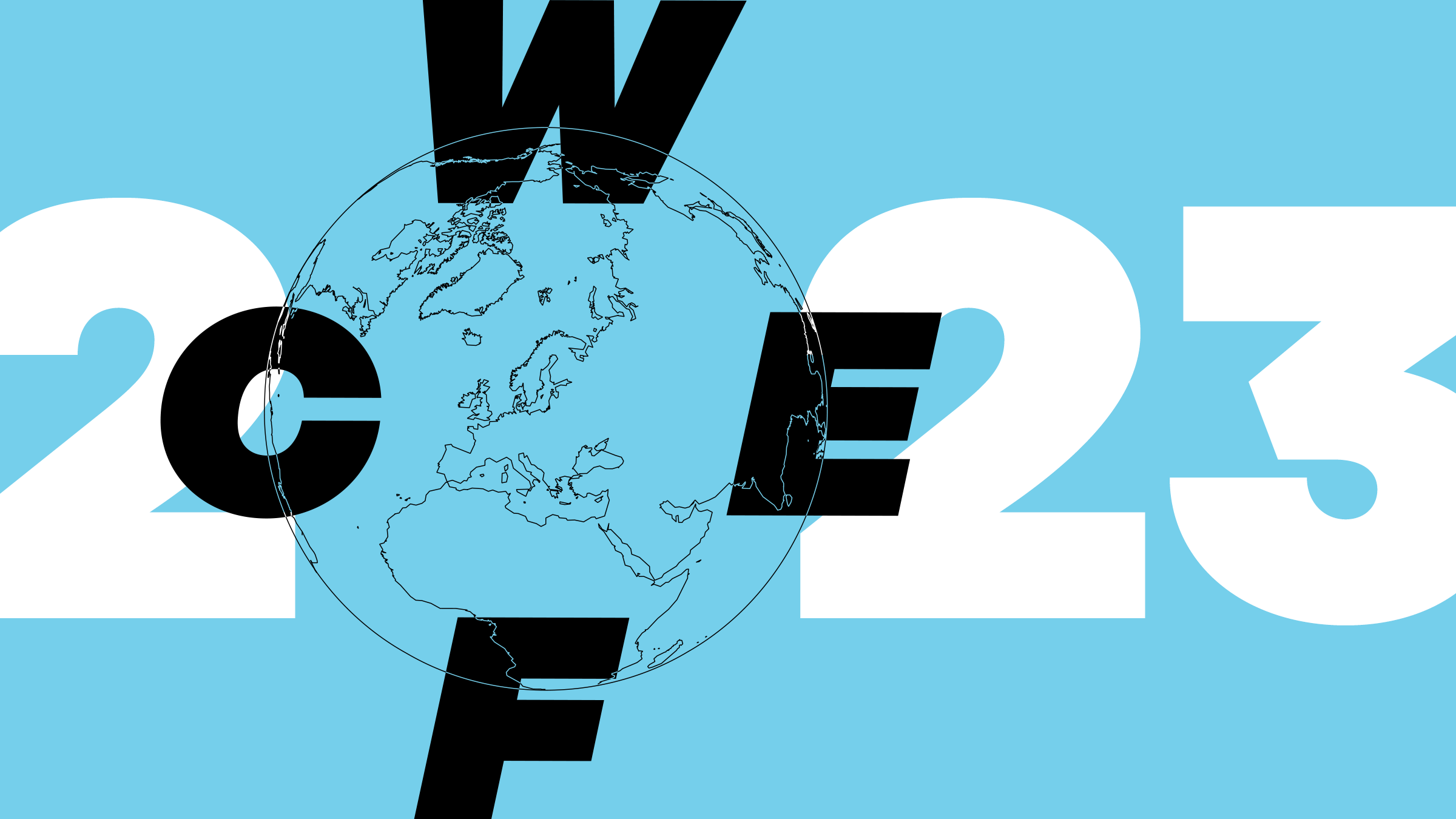
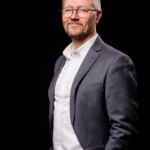
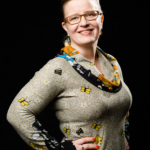
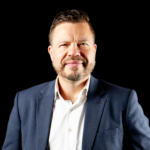






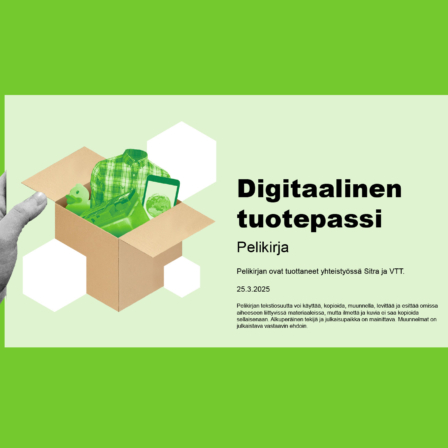

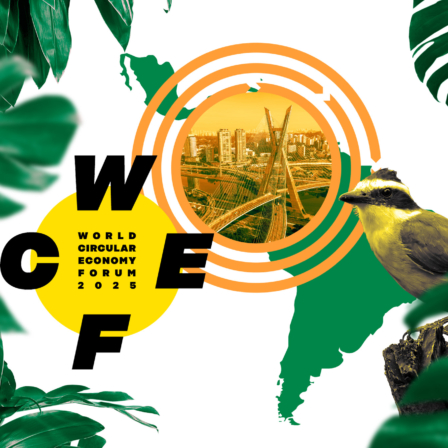








Recommended
Have some more.